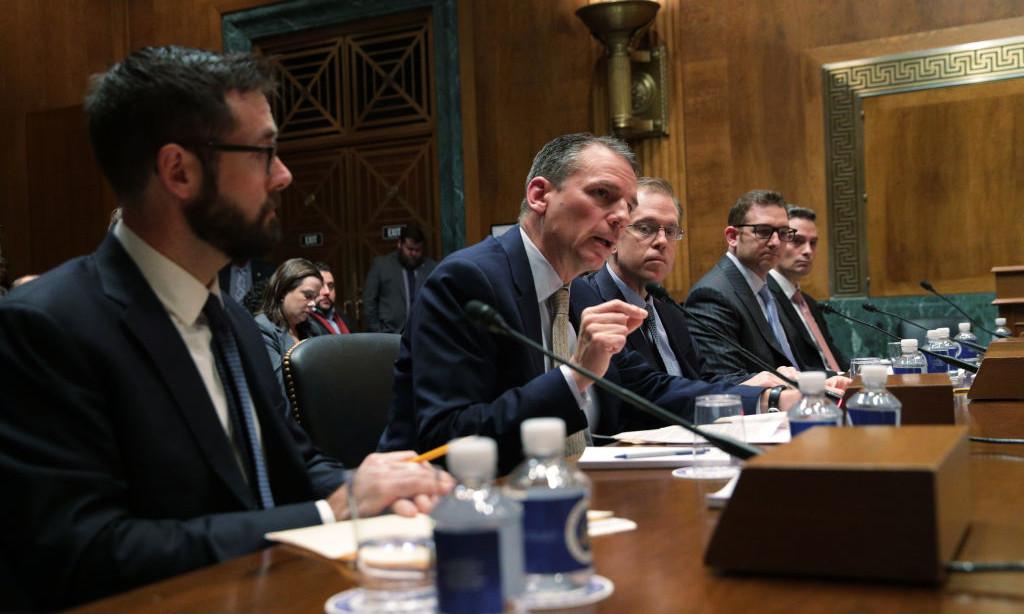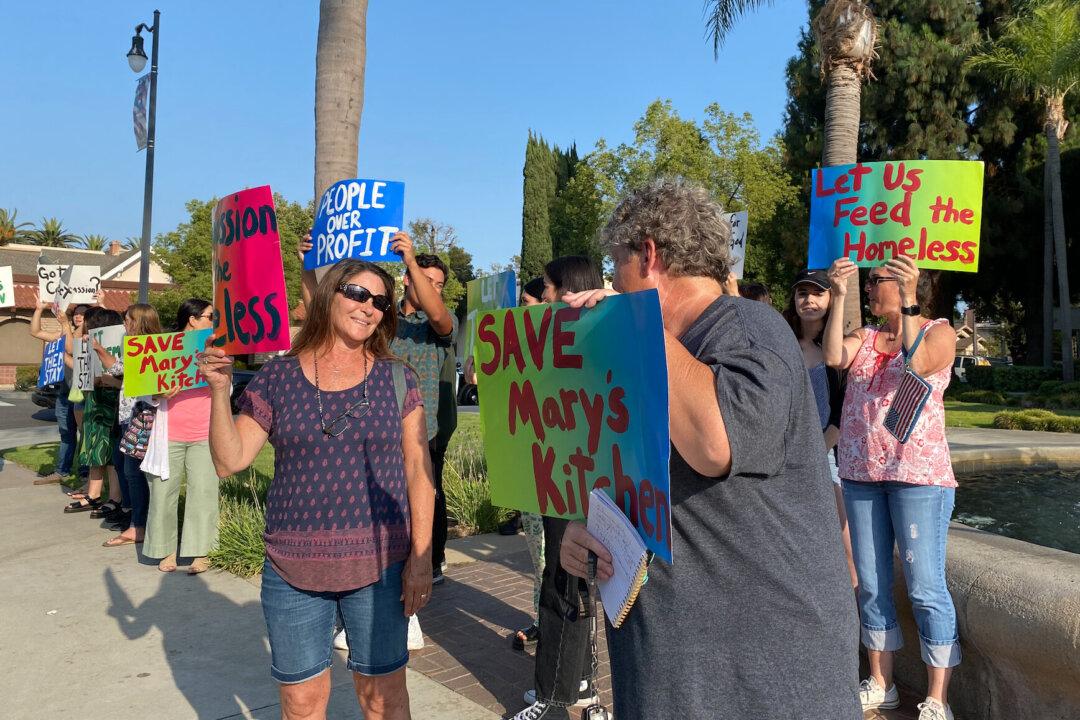ORANGE, Calif.—On behalf of California’s small-business owners who are losing income due to the COVID-19 pandemic, business leaders are asking for a new data privacy initiative to be temporarily shelved.
As of Jan. 1, companies had to comply with the California Consumer Privacy Act (CCPA), which requires some businesses that collect consumer data to give consumers access to that information and allow them to refuse its sale to third parties.





